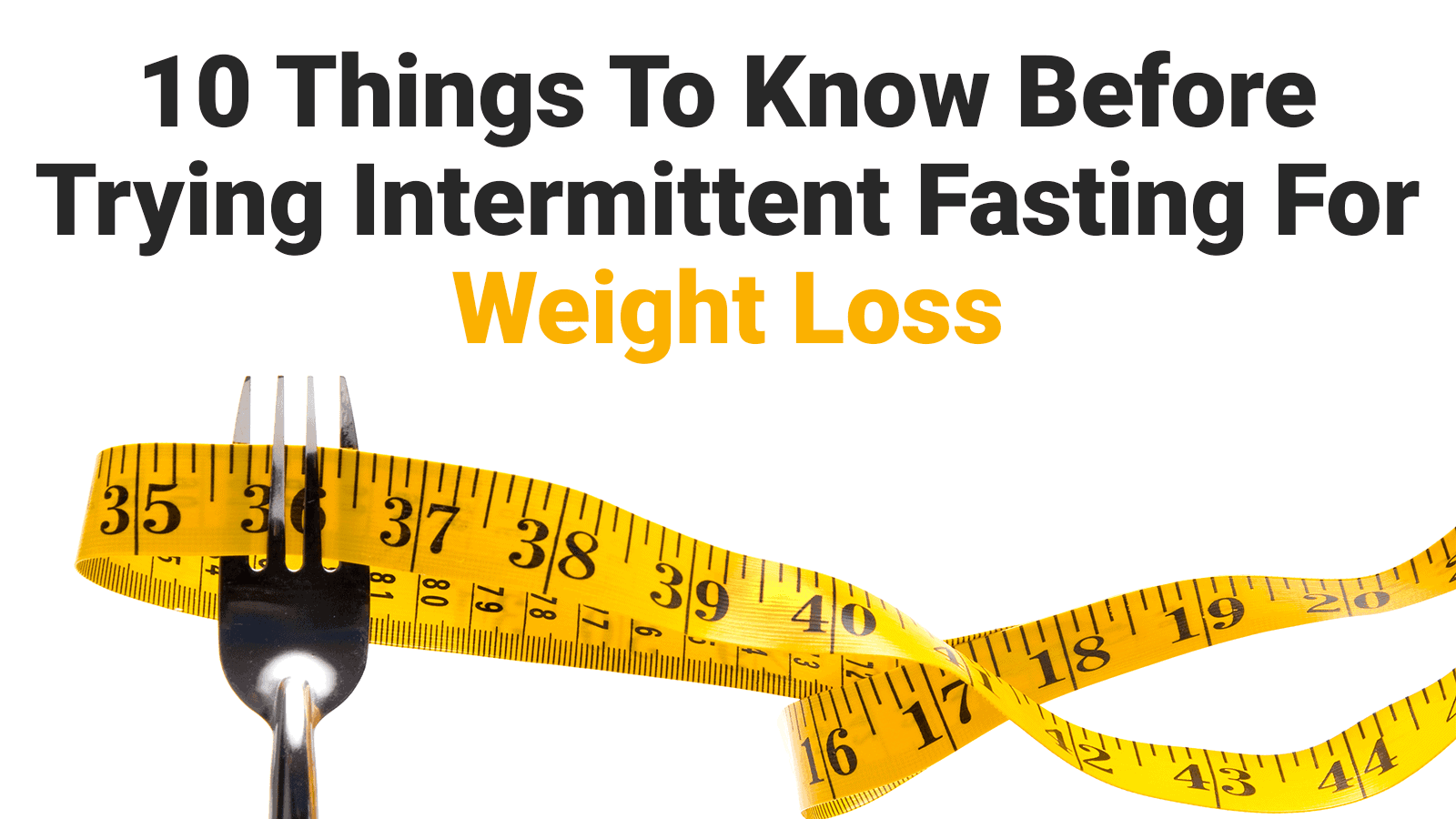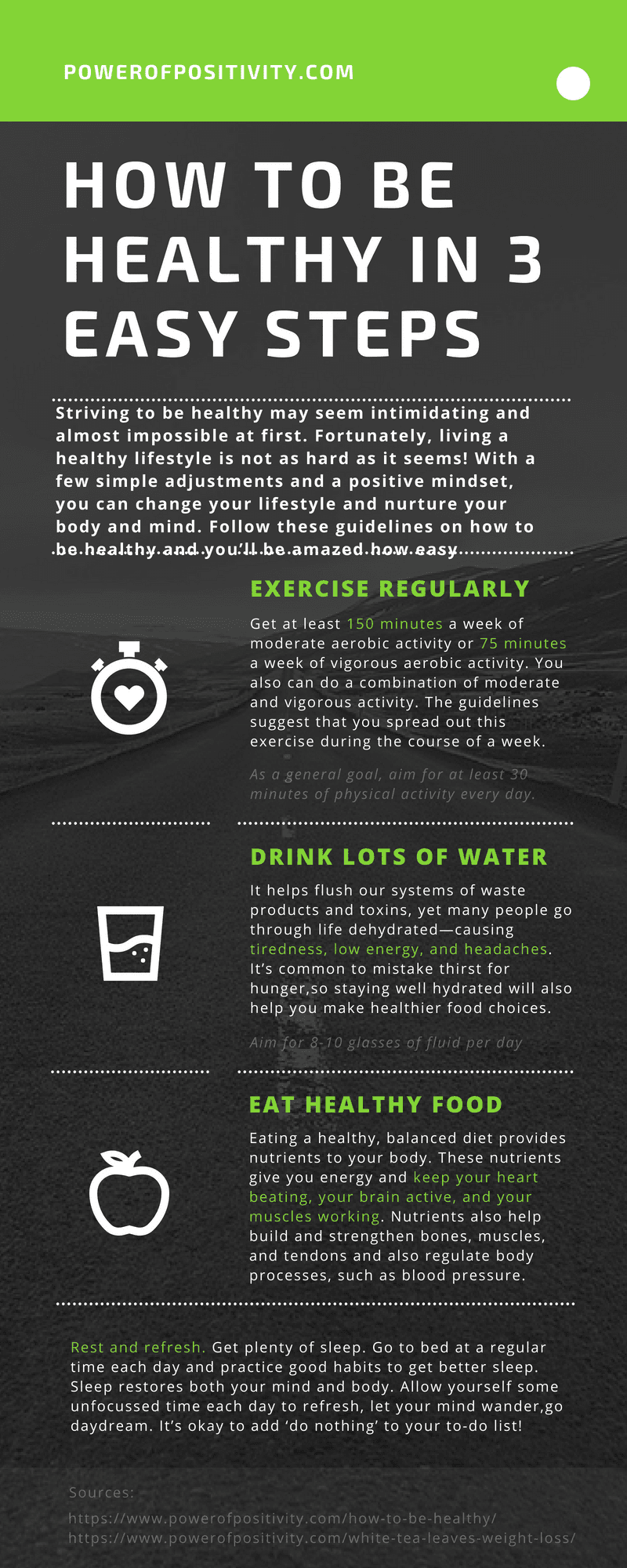Intermittent fasts are more than just a passing fad. They have been around for a very long time. Many religions promote intermittent fasting for religious reasons like for Lent. Our ancestors participated in intermittent fasting involuntarily based on the hunter-gatherer nature of how food was accessed.
Renewed interest in fasting has come to the forefront over the past few years. Specifically, the interest in fasting has grown in popularity as yet another diet meant to help people lose unwanted pounds to improve their health and appearance. Like any diet, there are both fierce proponents and critical naysayers, some who view this type of diet as hard to maintain over time.
Interesting Facts about Intermittent Fasting
1. This diet has become popular with dieters who don’t want to count calories.
Anyone who has tried to follow a complicated diet where you count calories or a strict meal plan knows how difficult it is to stay on it. Since intermittent fasting is more about when you eat than exactly what you eat, it is easier to stick with it for some people.
2. There are several different ways dieters can get involved in intermittent fasting.
Two popular eating schedules are eating for eight hours a day, and then fasting for 16 hours. Other dieters fast longer, eating only four hours a day and then fasting 20 hours a day. Other participants fast 24 hours, then eat regularly on the next day, fasting every other day.
3. When you participate in an intermittent fasting diet plan, you should eat healthy foods during the feeding period.
If you go crazy and eat the wrong foods during the feeding hours, it is possible that you will not get the desired weight loss results you are seeking.
4. You should see a doctor before you start fasting since it can be dangerous for some people.
People on certain medications or with incompatible health conditions may not be able to fast safely. It is especially important for older people and anyone with health hissues to get their doctor’s okay before starting on this type of diet.
5. Intermittent fasting has been shown to offer fast results.
The more weight you need to lose, the faster the weight will fall off. Many dieters lose up to three pounds a week.
6. You must be sure to drink plenty of water while on this diet.
Since you will be fasting so many hours a day, you won’t be getting water from your food throughout the day. It is too easy to get dehydrated when you cut back on calories. Squeezing some lemon or lime into your water will make it more interesting.
7. Research findings indicate that fasting may decrease the risks of developing many diseases such as diabetes and heart disease.
There is mounting evidence that people who eat fewer calories than most people avoid many of the chronic diseases that the mass public ends up managing.
8. Fasting can be easier if you drink some caffeine in the morning and afternoon and avoid artificial sweeteners.
While drinking too much caffeine can make you a little jittery, a little caffeine can help. It is also best to avoid sweeteners since they have been shown to fuel hunger.
9. One reason dieters like the intermittent fasting weight loss diet is because it is easier to follow than other diets.
If you skip breakfast for a 16 hour fast, that is fairly simple for most people to do. Many dieters like to eat between 12pm and 8pm. That allows them to eat lunch and dinner which are the two most popular meals where you are more likely to want some company.
10. Studies show numerous health benefits related to intermittent fasting weight loss diets.
Fasting increases human growth hormone production which burns fat. Additionally, a diet based on fasting stabilizes insulin levels. These benefits make weight loss much easier.
Final Thoughts
With so many diets to choose from, it can be difficult to select the one that will work best for you. Advocates of this diet report quick weight loss and an easy eating plan that is both flexible and easy to stick with on alternate days or by skipping a meal every day.
Health conscious dieters seeking a way to eat for the long-term often turn to this diet as a preventative measure against many chronic diseases. Several studies conducted on rodents indicate that this diet leads to a longer and healthier life. This diet is believed to prevent inflammation in the body and to have a positive impact on blood sugar levels, which has a major impact on your health.

















